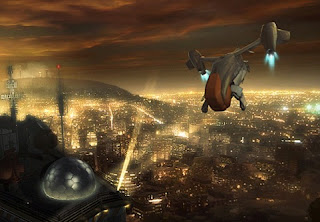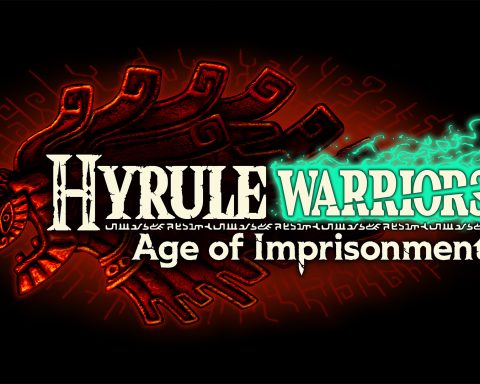 Review by Matt S.
Review by Matt S.
Straight Right deserves recognition for being the best developer in the industry when it comes to porting games to the Wii U. Its port of Mass Effect 3 was a tragic tale; despite producing the finest version of one of the finest games of the generation (by some margin, in fact) to launch the Wii U in style, too many people chose to instead focus on the fact that EA released an easy compilation of all three Mass Effect games for the other two consoles.
That compilation had no extra work done to it, but in this industry ‘fans’ like to see the world with the glass half empty, it seems. So it pains me to say this, but I think Straight Right is headed right towards tragedy number two with its Wii U remake of Deus Ex: Human Revolution. Without a doubt Human Revolution on the Wii U is the ultimate version of the game, and it’s also one of the finest uses of the Gamepad and MiiVerse that we’ve seen to date (including from Nintendo itself). But I’m sure there will be plenty of people out there that criticise its price or how old the game is compared to the other AAA-games out there or something.
So much for putting all that extra effort in, right?

The use of this second screen is quite fitting for the Deus Ex cyberpunk/ noir/ sci-fi setting too; so much so that its mere presence adds to the game’s aesthetic, rather than feeling shoehorned in simply because the gamepad exists. Human Revolution is one of the more atmospheric games that has been produced in recent years (check out our video below for a brief look at the game’s vision of Detroit for an example). Being in control of a human being enhanced by technology it feels appropriate that you as the player have at your disposal an additional extension of technology. It all just clicks together and becomes a natural way to experience the game.
This is backed up by some of the finest stealth/ RPG gameplay that we have seen in some time. Deus Ex genuinely goes out of its way to reward players that can sneak around levels without pulling out guns and taking lives. And when players do that, the game is critical of them. Go on a rampage and friends will start to chide you for your bloodthirstiness. In the longer term your decisions will start to impact on the way the game’s narrative plays out. I’m not surprised that Straight Right was attracted to this game after Mass Effect 3; in both instances there’s a morality to the action that can turn you into more villain than hero by taking certain actions.

And always with the knowledge that the game doesn’t really want you to go on a killing rampage. It’s a refreshing game for offering that different focus at players.
Outside of missions there’s the interesting environments to wander around, and side quests are constantly being thrown at players. These are completely optional, but they added so much to the setting and narrative that I felt compelled to play each and every one of them.

And the settings alone are worth experiencing, as they carry a great deal of the game’s narrative weight. There’s a sense that every building, road and person within the world of Deus Ex has a story to tell, and this plays right into its detective theming. The way the developers have replaced the sunlight that creeps through the venetian blinds in a typical detective narrative with the warm electronic glow of electric lights, and the way that contrasts with the dirty streets and dirtier people that inhabit them is an inspired play on contrasts to create intrigue.
If the story itself is a little straightforward at times, the environments more than compensate, and the make for a rich narrative tapestry that continues to delight players from start to finish. Coupled with the near-perfect use of the second screen and all kinds of small extras (like a complete strategy guide to save you clicking over to GameFAQs if you get stuck), this Director’s Cut is a slick production that will no doubt fail to sell as many copies as Straight Right and Square Enix deserves to for the work that the teams have put into it.
– Matt S
Editor-in-Chief
Find me on Twitter: @digitallydownld







